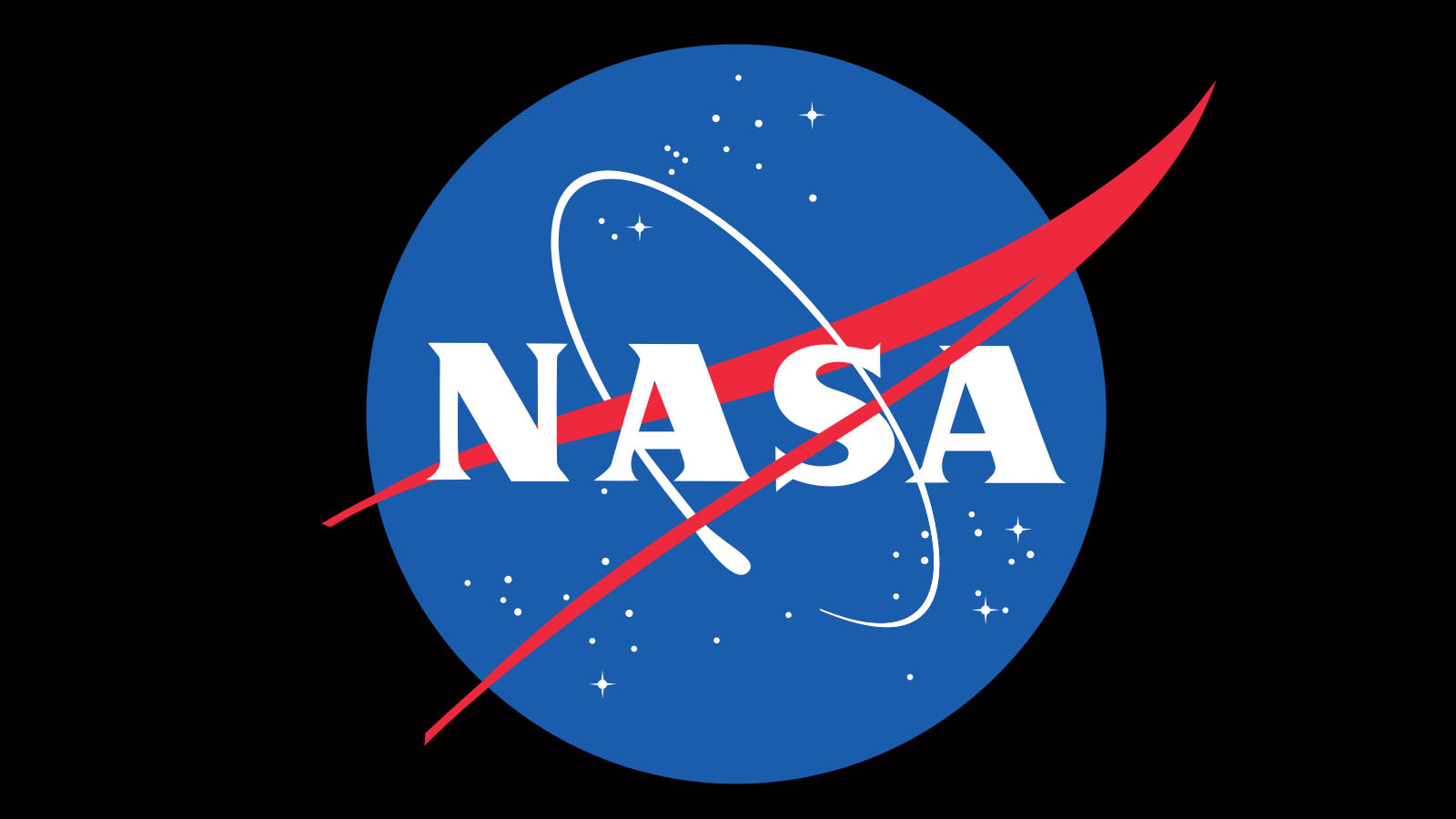Congressman Suspects NASA Let in Chinese Spies

Given recent budget cuts, it's refreshing to see a politician lobbying for additional NASA funding. Astrophiles may be less encouraged, however, to learn the rationale behind Congressman Frank Wolf's plea. Wolf claims that a Chinese national with ties to a potentially dangerous organization brought sensitive NASA information back to his native country, and the representative wants to channel resources into tightening security at the space agency.
"I was recently contacted by whistleblowers who provided me with a report alerting me to a very potential situation at NASA Langley Research Center involving a Chinese national who was allegedly provided access and information he should have otherwise been restricted from receiving," said Wolf in a press conference. "It is my understanding that this Chinese national is affiliated with an institution in China that has been designated as an 'entity of concern' by other U.S. government agencies."
The national in question was able to return to China and share the information he learned with others, Wolf said. While NASA itself is not allowed to hire Chinese nationals unless they have U.S. citizenships or green cards, subcontractors that provide the agency with talent may employ whomever they wish.
In addition to security concerns, Wolf cites preserving and growing the American aerospace industry as a reason behind his irritation. "If we can't keep cutting-edge technology protected from espionage, we will never be able to commercialize it and create the jobs our country needs," he said.
Wolf points out that there may be dozens of other Chinese nationals working for NASA subcontractors, workers who, if granted continued access to sensitive information, could jeopardize U.S. security. He also calls for the immediate takedown of a NASA website that shares sensitive, but declassified information with the world, including interested parties in China and Iran. [See also: Thirty Years of NASA Space Shuttle Missions]
While the story presents some discomfiting information, many details are still sketchy. Wolf did not cite a name or a particular position for his potential Chinese spy. Furthermore, much of Wolf's previous work in Congress has been directed towards curbing the influence of the Chinese government in American affairs.
Wolf plans to work along with Congress and NASA in order to prevent a repeat incident. To this end, he is willing to increase NASA's funding — something that the U.S. government has been very hesitant to do lately.
Breaking space news, the latest updates on rocket launches, skywatching events and more!
"I am prepared to approve a reprogramming from NASA to reallocate additional funding and staffing for agency security-related functions, including center security, export control and counterintelligence," stated Wolf. "There is no reason that these positions at any center or headquarters should not be fully staffed and resourced."
Refining protocol may not directly lead to better technology to explore space, but ensuring that NASA is fully staffed without resorting to contractors is a promising first step. Wolf makes seven security recommendations in total; now it's up to NASA and the House Appropriations Subcommittee on Commerce, Justice, Science and Related Agencies to see how many they can implement.
Follow Marshall Honorof @marshallhonorof. Follow us @TechNewsDaily, Facebook or Google+.

Marshall Honorof is a senior editor for Tom's Guide, overseeing the site's coverage of gaming hardware and software. He comes from a science writing background, having studied paleomammalogy, biological anthropology, and the history of science and technology. After hours, you can find him practicing taekwondo or doing deep dives on classic sci-fi.

